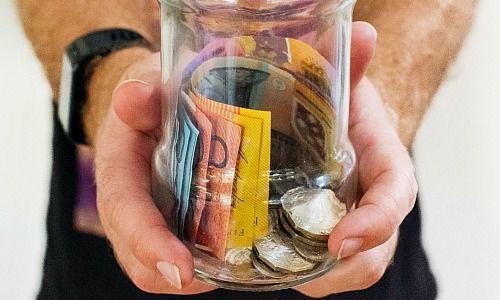UBS: Recession Fears Drive Wealthy Families to Stockpile Cash
Global family offices surveyed by UBS are raising cash reserves in view of a recession by 2020.
Many of the 360 global single- and multi-family offices surveyed for the 2019 UBS Global Family Office Report, expect the global economy to enter a recession by 2020, with the highest percentage of gloomy respondents in emerging markets. The survey, done in conjunction with Campden Research, was released on Monday.
«With 55 percent of family offices reportedly believing that we will enter into a recession by 2020, nearly half are battening down the hatches and realigning their investment strategies to mitigate risk (45 percent), increasing their cash reserves, and/or preparing to capitalize on opportunistic events (42 percent each),» said Campden in a statement.
Family offices are playing bigger roles in global financial markets: the offices in the UBS survey had an average of $917 million under management, out of the total $5.9 trillion that such firms manage globally, Campden estimates.
Where To Deploy Cash?
The head of Stone Family Office, Rick Stone, who runs the bi-monthly meetings of the Palm Beach Investment Research Group, a network of 35 family offices in Palm Beach (Florida) said it is a very hard time for family offices to allocate money. «The areas to invest in are fewer, and there is a lot of money looking for those spaces,» said Stone, who was quoted in «Bloomberg» (behind paywall).
This is because he doubts the bond market will provide any real return over the next decade. Meanwhile, he is of the view that equity markets will suffer a substantial drop and then be flat, and that too much venture capital and private equity money will continue to chase too few opportunities.
Highest Average Gains For Family Offices in APAC & EM
Investing results have been mixed for those responding to the questionnaire, which was conducted between February and March. Average family-office returns for the 12 months prior to taking the survey were 5.4 percent, according to UBS. Developed-market equities were a big disappointment, providing an average of 2.1 percent return. The highest average gains, at 6.2 percent, were for family offices in the Asia-Pacific and emerging markets regions, followed by 5.9 percent in North America and 4.3 percent in Europe.
Private equity was the star asset class, with an average return of 16 percent for direct investments and 11 percent for funds-based investing. Real estate also performed well, returning an average of 9.4 percent, and now makes up 17 percent of the average family-office portfolio, up 2.1 percentage points from last year's survey. In the year ahead, 46 percent of families said they plan to put more money in direct private equity investments, with 42 percent devoting more to private equity funds and 34 percent funneling more into real estate, according to the survey.
«There are more caution and fear of the public equity markets among ultra-high-net-worth investors,» said Timothy O'Hara, president of Rockefeller Global Family Office. «That has more people thinking about private investments, alternative investments or cash.»



























